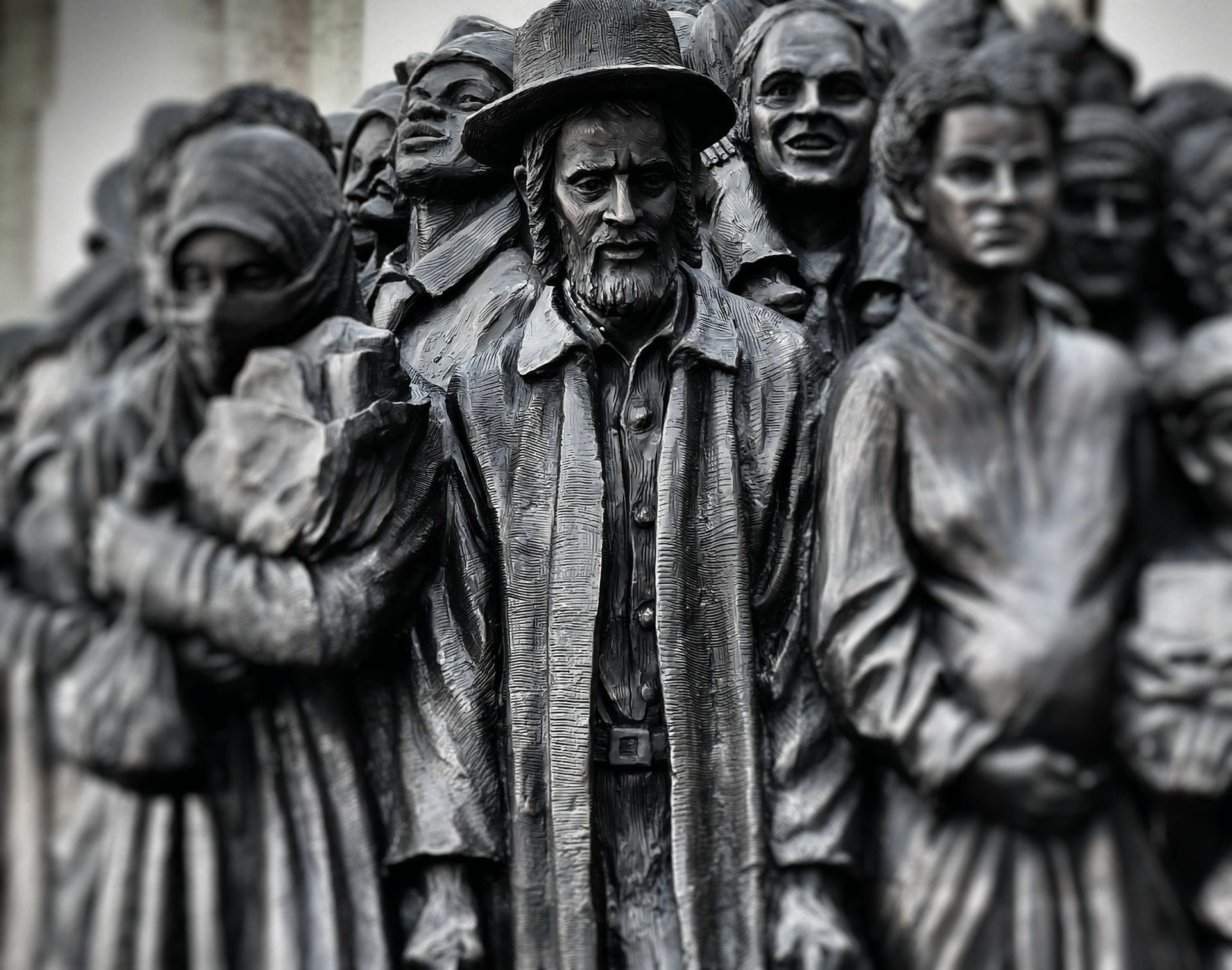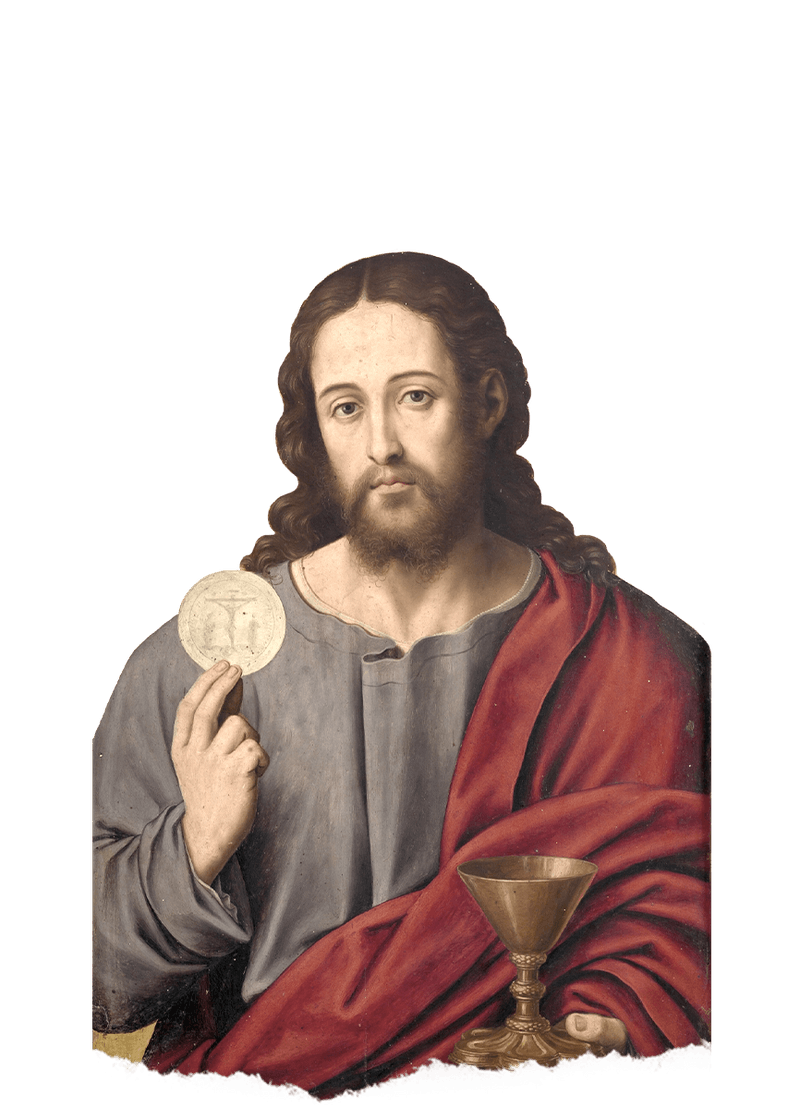I tell you, the latter went home justified, not the former; for whoever exalts himself will be humbled, and the one who humbles himself will be exalted" (Luke 18: 14).

The parable of the Pharisee and Tax Collector tells us about our attitude before God in prayer. This is again a comparison and certainly, a contrast between these two people representing a group and rightfully so. The first is that of righteous people for strictly observing the law which is highly commendable but convinced of their own righteousness and despise everyone else (Luke 18: 9) while the other, of public sinners disliked, if not, hated by all. Both went to the temple to pray. The Pharisee’s prayer of thanksgiving was enjoyable, reverent, entertaining, lengthy and detailed. It was lovely until such point. He said, “O God, I thank you that I am not like the rest of humanity – greedy, dishonest, adulterous – or even like this tax collector” (Luke 18: 11-12). Let’s do the Catholic version. Lord, you know how much I love you. I never miss Mass on Sundays and holy days of obligation. I try, occasionally, to go to weekday Masses but my busy schedule doesn't permit. The pastor knows about it. He checks attendance every Sunday. He knows where I'm permanently seated. I follow the church’s teaching not only on faith and morals but all by the letter of the law. I don't fool or mess around with the law. I fast and abstain on Fridays even if it’s not required and observe other religious rituals beyond what is expected of me. I generously volunteer my time and talent as needed. I give a significant portion of my income to the church more than 10% in case you want to know. This is a dramatic and exceptional achievement. I call this individual a perfect parishioner. I don’t know anyone better than him. This is the same exact individual you want to have in the pew and volunteer list.
Now, let's turn to the Tax Collector. When he entered the temple courts, he stood off and remained at a distance in a humble manner. With his head bowed in shame, he was too embarrassed to even raise his eyes to heaven. He beat his breast and recite the Confiteor even outside Mass, mea culpa, mea culpa, mea maxima culpa, and added “O God be merciful to me a sinner” (Luke 18: 13). He acknowledged and recognized very well his sinfulness and asked forgiveness. He is willing to do everything to make reparations in atonement and expiation for his sins. He deserved this and he doesn't mind. The responsorial psalm says, “The Lord hears the cry of the poor” (Psalm 34). The first reading tells us, “The Lord is a God of justice…though not unduly partial toward the weak, yet he hears the cry of the oppressed” (Sirach 35: 12-13). The author continues, “The one who serves God willingly is heard; his petition reaches the heavens. The prayer of the lowly pierces the clouds; it does not rest till it reaches its goal, nor will it withdraw till the Most High responds, judges justly and affirms the right, and the Lord will not delay” (Sirach 35: 16-18).
The obvious observation in the supposedly prayer of Thanksgiving of the Pharisee is that there is a preponderance of the word “I” and too much focus on the self (acclamation and aggrandizement). Many, if not all of us struggle with this and can relate to the Pharisee. He became very prideful. He doesn’t need to broadcast his accomplishments and blow his horn before God. God knows what he did. Earlier, we thought this was a perfect prayer but after looking closely, it missed the most critical part of a prayer. Humility before God is a mark of a genuine prayer. He didn't realize his own misery and unrepentant of his mistakes/sins. The problem lies in the following words, I thank you, O God that I am not like other people, godless who have no sense of the holy and reprobates who have no standard of morality. This fellow beside me is a traitor, extortionist, and exploiter.
Jesus responds, “I tell you, the latter went home justified, not the former; for whoever exalts himself will be humbled, and the one who humbles himself will be exalted” (Luke 18: 14). This is an extremely shocking scenario as Jesus declared the Tax Collector/Publican (despised by all) justified which meant, he was more righteous than the religiously observant and practicing fellow. Oh no! ugh. Jesus wants to strike a crucial dimension in faith and prayer. Believe it or not, all of us practicing Catholics have a small percentage (or a dose) of a Pharisaic tendency called Pharisaism, a self-righteous attitude, that Jesus had trouble with the separated ones all the time. Make no mistake about it, they are the most amazing people the world has ever known but the danger which we must be careful is that a strict adherence to the law in general can lead to self-righteousness. This is where Christianity strikes deep and differs from others. The penitential rite is part of the introductory part of the Mass to stress the need for forgiveness among the gathered assembly. Thus, Jesus is not talking to them but to us. I am so proud of myself that I am not like that other person whose life is a question mark. Our religious practices, rituals, and sacrifices must lead us to love of neighbor and not contempt over them. Let us thank God that we are not like those self- righteous people. Amen.
PARISH BLOG



